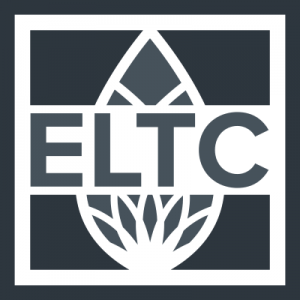When a person passes away with or without a will, that person’s estate may have to go through a process called “probate.” It commonly involves transferring assets to the person’s inheritors, paying any debts and taxes that the estate may owe, and determining whether the will is valid. Probate in Washington will look a little different from the process in other states, so here’s what you need to know if you reside in the state.
When is probate necessary?
In Washington, probate proceedings are discretionary. That means your estate doesn’t necessarily have to go through probate, even if you pass away without a valid will. Probate may be required in specific circumstances, like if the deceased person (or decedent) passed away owning any real property; or if the decedent’s personal property exceeds $100,000 in value.
What if I have a small estate?
If your estate is small enough in value, you can probably avoid probate entirely. According to Washington State law, your estate must be worth under $100,000, and not contain any real property, to avoid probate. Your beneficiaries can use an affidavit, or sworn statement, to claim the assets they will inherit.
Are there any problems associated with probate?
Due to the legal and administrative costs involved in the process, probate can be expensive. It can also take a long time, meaning your assets may be held up for months or years before they reach your beneficiaries. Because probate is also a matter of public record, your finances and your estate will also be opened up to the public. Are there any benefits? Yes. Depending on your will, asset protection for a living spouse can be set up. It may also eliminate tax or title issues.
Is there a way to skip probate?
Certain estate planning tools can be used to help you avoid probate, at least for certain types of assets. For example, the following types of assets can generally skip probate entirely:
- Assets you’ve placed in a revocable trust
- Property that you own jointly with someone else (it will simply transfer to the other person upon your death)
- Life insurance policies and retirement accounts, as long as you designated a beneficiary
- Bank accounts with a Payable on Death or Transfer on Death clause
Who will handle my assets in probate?
If you have a written will, the choice is yours. Whoever you name as your personal representative (or executor) will handle the probate duties, like assembling your assets, paying your bills, and distributing the leftover assets to beneficiaries. If you haven’t named a personal representative in your will, the court will appoint someone (called an administrator) for you.
It’s worth calling a trustworthy estate planning attorney to help you plan for the probate process. The knowledgeable lawyers at Estate & Long Term Care Group are fully equipped to assist you every step of the way. Give us a call to learn how you can skip the usual time, money and stress involved in Washington State probate.


